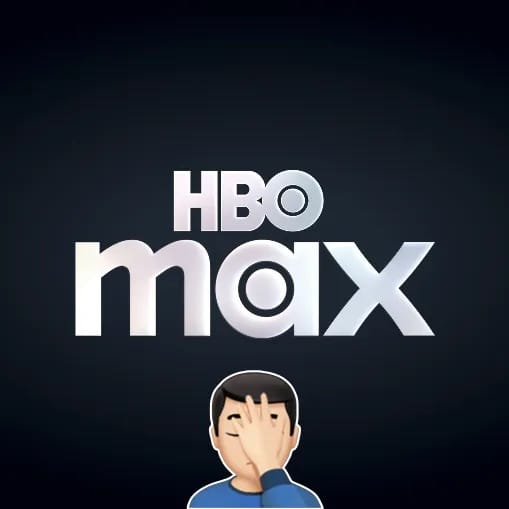I can’t quite stop thinking about the HBO Max rebrand — not because of the logo itself (though I do love a good logo), but because of what it reflects about where we are as a society right now.
The graphic design, the business decisions, the branding — all worthy and interesting (if not niche) conversations, if you’re into entertainment, marketing, or design. But here’s what most people don’t realize: someone got paid hundreds of thousands — maybe even millions — as a marketing consultant to just suggest bringing back “HBO.” And someone else, who makes over $30 million a year (yes, every year), had to greenlight the decision and approve the invoice.
What fascinates me isn’t the logo. It’s that a company that large is starting to recognize that something needs to be restored. That maybe this relentless push to be future-forward and fully digital — to embrace “what’s next” at all costs — has hit a wall. And that there’s something quite beautiful, and valuable, about what was.
Don’t get me wrong — I’m not saying we should cling to the past. I’m definitely nostalgic for the ’90s, though I’m not even sure why. I was a closeted teen with a perm, a love of ABC soap operas, and a confusing admiration for my sixth-grade substitute math teacher. So no, this isn’t just about nostalgia. It’s about recognizing that, as a culture — as a society and an industry — we built things that were good. And beautiful. And true. HBO was one of them.
This isn’t really about HBO. It’s about what HBO represented — and how quickly that kind of quality, clarity, and creative intention was discarded in our mad dash into the digital age. Under digital capitalism, so much of what once mattered has been stripped away or “optimized.” But people are waking up. They’re starting to realize that not everything old was broken. That some things, in fact, are well worth restoring.
As individuals and as a collective, we’ve been told for years to keep moving forward. To chase the next thing. To believe that the future holds all the answers. And in that rush, we’ve quietly adopted the idea that our instincts can’t be trusted. That the past was naive. That anything tech-forward is automatically better, smarter, faster — more correct.
I’ve written a book, and I’ve been plenty loud online about what the digital economy has done to us — personally and professionally. I’ll be bold enough to count myself in the company of Jonathan Haidt, who’s written about what smartphones have done to our kids and teens (The Anxious Generation); and Tristan Harris, who leads the Center for Humane Technology and speaks so powerfully about the dangers of AI. To even be a small part of that conversation is an honor.
I say that only to point out that the voices are getting louder. And there’s a moment gathering. A moment that says: maybe we can’t stop the future. Maybe the momentum of what Big Tech has built is too strong. But we can make choices. We can shape what’s coming into something more human, more grounded, more beautiful and true — for ourselves and for each other.
And we can also look back. It’s okay to look back. It is not a crime to look back and bring forward — into the now — what worked well. We can revisit what we cast aside too quickly — in our lives, in our work, in our culture. What was good? What was worthy? What did we love, trust, rely on, feel joy from — that we let go of in the name of being modern?
In this case, it’s a brand. A logo. A name on a TV screen. (And yes, after the last year and a half I’ve had personally, its importance to me is less than zero.) But what it reflects about where we’re headed — as a culture, as a society, as an industry — feels deeply significant. Maybe, in the restoration of what was good, we can pair it with what’s good about now — and create a synthesis that actually serves us.
Julio Vincent Gambuto is the author of Please Unsubscribe, Thanks! — from Avid Reader Press at Simon & Schuster, now available in the U.S. and the U.K. in hardcover, e-book and audiobook (nominated in 2024 up against Michelle Obama, Sheryl Lee Ralph, and Mehdi Hasan for an Audie Award for Best Business/Personal Development Audiobook, from the Audio Publishers Association). New York Times bestselling author and modern sage Oliver Burkeman calls the book, “Simultaneously hilarious and deadly serious.” Here on Medium, JVG is the author of the essay, Prepare for the Ultimate Gaslighting, which started a worldwide conversation, circling the globe to 21 million readers in 98 countries. He lives in New York City. Learn more at www.juliovincent.com.
